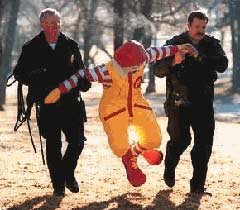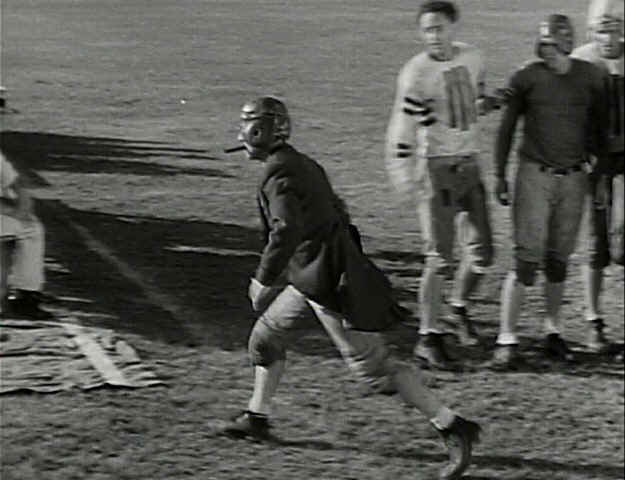NEW JERSEY (WABC) -- Spring and summer are always an inspiring time in terms of starting new plans or making good changes.
It's particularly a good time to make some "healthy" changes.
One woman did just that two years ago and got healthier by losing 137 pounds.
Karen MacNamara of Edison, New Jersey weighed over 300 pounds two years ago, and then she made a commitment to her health.
She joined a weight loss program, "Weight Watchers," and she started walking.
Walking for heavy people who cannot bear the thought of going to the gym, is the perfect thing to get started doing right about now when we are starting to have some good weather.
"I was a size 3x, which is like about a 26 in women's clothes," explained Karen MacNamera.
Now, this 53-year-old wife and working mother is a trim size 12.
Walking for exercise is now a way of life for Karen.
She began walking after joining a "Weight Watchers" group and really wanting to take off her weight.
She's lost 137 pounds in the last two years.
She began to eat differently, and she began to walk.
"No one wanted to walk with me, because I was a very slow walker, in the beginning two years ago," said Karen.
But slowly, sometimes trailing behind her husband, she kept walking.
"And then, Weight Watchers had a thing called the 'walk it challenge', and some of the members, and me, we got together a little group, about five of us, and we started walking on the weekends," explained Karen.
While participating in the walking challenge, Karen continued to watch what she ate.
"You wouldn't have seen healthy snacks before. We didn't have much fruit in the house before or vegetables," said Karen.
Eventually she added a morning exercise program, right in her TV, doing it everyday before work.
She's now even completed a 5K run with her husband.
But still, she continues walking, and credits a lot to having the goal of the "Walk it Challenge".
"Absolutely! Weight just melts off when you walk. I'm telling you, you have to eat healthy, but you have to move, and the walking has really changed my life," said Karen.
All you need is a good pair of walking shoes and patience.
As for weight loss, it goes with eating healthy and using portion control.
If you need a goal, a "Walk it challenge" is coming up.
Oprah also has a walk coming up.
Both are very good goals for anyone who wants to start walking to get healthier.
Karen began her weight loss efforts when her very dear friend confessed she saw Karen living so unhealthy and was afraid to lose her.
www.weightwatchers.com/walkit
The Weight Watchers Walk-It Challenge starts April 4, 2010.
The Challenge will be held on June 6, 2010.
Members will train to walk a 5K in just 6 weeks with a step-by-step training plan which will also include info on how to form walking groups, and help finding an official Weight Watchers 5K or other 5Ks in local communities.
Copyright ©2010 WABC-TV/DT. All Rights Reserved.)












